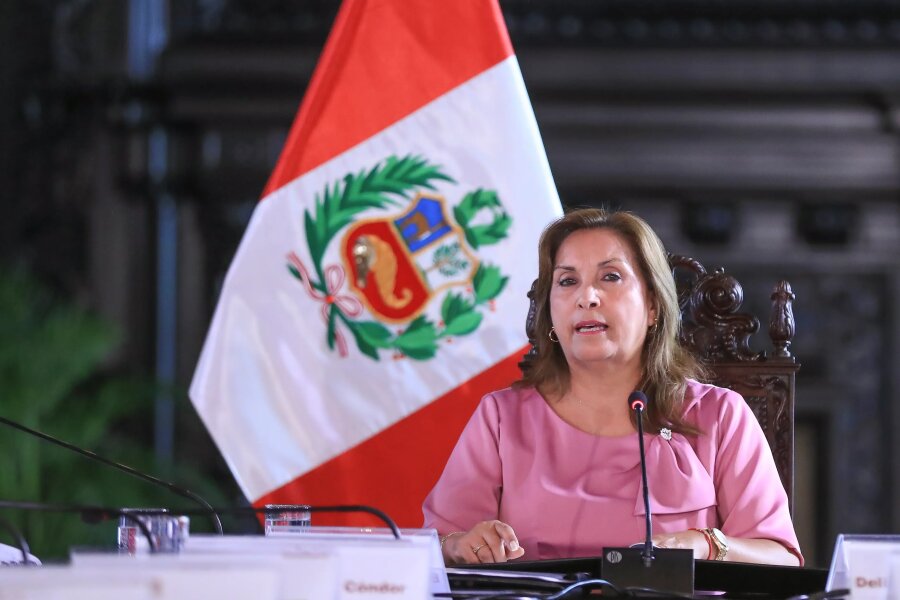In a move that reverberated through the international human rights community, Peruvian President Dina Boluarte signed a controversial amnesty bill into law, effectively granting impunity for grave crimes committed during the nation's brutal internal armed conflict. The law provides a blanket amnesty to members of the Armed Forces, the National Police, and associated self-defense militias for alleged human rights violations committed between 1980 and 2000, a period of intense fighting against guerrilla groups such as the Shining Path and the Tupac Amaru Revolutionary Movement.
The conflict, according to Peru's National Commission on Truth and Reconciliation, resulted in an estimated 70,000 deaths and over 20,000 disappearances. The new legislation not only halts ongoing prosecutions but also mandates the release of individuals already serving sentences for these crimes who are over the age of 70 or 80. The law represents a direct and unambiguous violation of Peru's binding obligations under international law. Treaties to which Peru is a party, including the American Convention on Human Rights and the International Covenant on Civil and Political Rights, explicitly require states to investigate, prosecute, and punish serious human rights violations such as extrajudicial executions, enforced disappearances, and torture. International legal standards, including the Geneva Conventions and the Convention on the non-applicability of statutory limitations to war crimes, prohibit the use of amnesties to shield perpetrators of such crimes from accountability.
The enactment is particularly flagrant as it came after the Inter-American Court of Human Rights issued a direct order on July 24, 2025, for Peru to refrain from advancing the bill until the court could analyze its compatibility with prior rulings mandating the investigation of conflict-era abuses. The international response was swift and uniformly condemnatory. UN High Commissioner for Human Rights Volker Türk described the law as an "affront to the thousands of victims who deserve truth, justice, reparations, and guarantees of non-recurrence" and a significant "setback in the pursuit of justice". A panel of UN experts echoed this sentiment, stating that the legislation places Peru in "clear breach of its obligations under international law" and noted with concern that it was rushed through Congress without proper committee review or public disclosure. Leading non-governmental organizations issued equally stark warnings.
Human Rights Watch labeled the law a "betrayal of Peruvian victims," while Amnesty International stated that it "rewards those responsible for crimes against humanity with impunity" and sets a dangerous precedent. The law's implementation is expected to have a devastating impact on the decades-long struggle for justice in Peru. According to the National Human Rights Coordinator, it could affect more than 150 cases in which final convictions have been secured and halt over 600 ongoing judicial proceedings. This act is not an isolated event but the culmination of a broader, systematic effort by Peruvian political actors to dismantle accountability mechanisms. It follows the controversial release of former President Alberto Fujimori in December 2023, who was serving a 25-year sentence for human rights violations, an act also carried out in defiance of an order from the Inter-American Court.
Source: HRW News



